Love means never having to admit you're selfish
I finally read LOVE STORY. And I have thoughts.
Content Consideration: For anyone who’s been cryogenically frozen for the last 50 years (or just crazy late to the party, like me) this post contains SPOILERS.
Hello lovers,
And welcome to the debut issue of The Romantic, a newsletter dedicated to the evaluation and explication of love stories.
I’m Meg Oolders, award-winning author, seasoned swoonster, and your stalwart guide through the heart-stopping labyrinth of romantic storytelling. Whether you’re writing love stories, reading them, watching them, living/dreaming them, or secretly despising their existence (not to mention their dominating grip on literary commerce), this is the internet love shack for you.💕
In choosing where to begin with a newsletter devoted to the intense scrutiny of love stories, I could think of no place better place than the massively successful breakout novel (turned massively successful motion picture) LOVE STORY, by Erich Segal (1970).
I gleefully nabbed a copy of this classic in paperback from an antique store over the summer.
Before I dispense with my review of this book, I must confess something.
I am a skeptic.
A romantic—absolutely—but a skeptic to my core.
If there’s room to doubt something—including someone’s undying love for another person—I will doubt it.
Which is why my superpower for detecting the BEST and most AUTHENTICALLY ORCHESTRATED tales of love in all its forms is so valuable.
I’m a tough target when it comes to romance. I don’t care how many months you spent at #1 on the New York Times Bestseller List. You’re still going to have to work to win my endorsement. And my heart.
With that out of the way, let’s talk about LOVE STORY. 💕
LOVE STORY is a svelte little novelette that chronicles the meeting, courtship, marriage, and subsequent “separation” of Oliver Barrett IV (read: godless, hothead, Harvard jock with daddy issues)1 and Jennifer Cavilleri (read: “Catholic,” artsy, Radcliffe spitfire with questionable boyfriend standards).
If this book was published today, it would land in the genre realm of New Adult (NA) fiction, as these “kids” are roughly twenty years old when they “meet cute,” which is roughly how old I was when I “met cuted” my husband. For this reason, much of the book is relatable. Despite being set fifty years ago, and in an elite, ivy-league universe, anyone who was once twenty-ish, dated, and/or spent time in college, or college-adjacent, will fall into the world of the book easily.
That is if you can get past the gate Segal sets before you with the first line.
“What can you say about a twenty-five-year-old girl who died?”
So much for spoilers.
I already had a vague idea that someone died in this story because all I’ve ever heard about it is how heartbreakingly SAD it is, and what could possibly be more SAD than someone dying?
I can think of few things.
And I did think of them while reading this book.
Once I stopped scoffing at the first line, that is.
(Told you I was a skeptic.)
I suspect Mr. Segal wrote this line assuming it would ensnare anyone with a human heart into caring IMMEDIATELY, not only for the “girl who died,” but also for the poor soul dictating his experience on the page. And at face value, it’s effective. But as an author who is shockingly well-endowed in the heart department, I think it’s a cheap shot. And a little presumptuous. Like, okay reader, I’m going to make you sad now. You in?
No, Erich. I’m not in.
But I will read your book for educational purposes, so I can best it at every turn of my career.
I’m kidding.
But seriously …
One thing I tried to keep in mind while reading LOVE STORY is that at the time it was published, it was unique. And Segal likely soared above his contemporaries because:
A) Segal, himself, was already something of an elite in the literary world (read: Harvard jock, classics scholar, accomplished screenwriter, male)
B) In 1970, when Barbara Walters (read: OG influencer) tells you—ON TV—that she was up all night reading a book that had her sobbing by the end … SOBBING, I TELL YOU … you’re obviously going to buy it.2
C) Not many people were writing (massively successful) contemporary New Adult love stories, since that genre didn’t really exist at the time. And because back then, it turns out, you could write a simple book about young people doing young people things and it wouldn’t be looked upon as lesser by the lit snoots of the publishing world.3
Segal supplied a demand by representing young people and their experiences. Of course, not every young person goes to Harvard on a legacy ticket and/or has the option of getting cut off from an endless supply of family money when he gets the urge to make life harder for himself and the person he loves just to prove a point.
Not to say the story is without merit or appeal. The damn thing’s been in print for over 50 years, so it must have something going for it other than an obvious title.
Where it hits 💘
Clarity.
At 131 pages, there is no room for fluff or filler in this story. As one reviewer (now likely dead) put it: “It goes to the heart of the matter and stays there.” – The Kansas City Star (amazingly not dead.)
Character.
Both ‘Ollie’ and ‘Jenny’ are superbly crafted humans, with efficiently fleshed out backgrounds. They are “real” in that their flaws are extensive, and their relationship is sometimes often hard to watch. As is Oliver’s epically strained relationship with his father (The son-of-a-bitch), which plays as big a role in developing Oliver as a character as his interactions with the love of his life.
Where it misses 💔
Touch Points.
I actually had to invent this phrase to help me explain what was missing for me in the book, which at no point had me sobbing. Or weeping. Or even sniffling. And I do plenty of all three most days.
As a writer and reader of romantic stories (or any stories, really) I am always looking for ways to connect with characters on a deeper-than-surface level. I desperately want to slip under their skin, alongside their guts, and feel what they’re feeling, because that is precisely how love stories (or any stories, really) become universal.
Segal’s minimalist writing style, coupled with the fact that his protagonist generally resisted feeling most things, created a kind of emotional distance I was never able to cross, and therefore was never able to reach Barbara Walters level catharsis from reading LOVE STORY.4
Last Word 🎤
As a happily married woman with a master’s degree in not-going-to-bed- angry studies, I must take issue with the book’s most iconic line, which reveals itself after a massive domestic wherein Jenny foolishly attempts to extend an olive branch to her estranged father-in-law, sending Ollie into a property damaging rage.
Hours later, Oliver attempts to apologize for being a giant dickhead, and Jennifer stops him with this steaming slab of enabling bullshit:
“Love means not ever having to say you’re sorry.”5
I’m sorry. But this is where LOVE STORY moved from reality to fantasy for this little skeptic romantic.6
And yes, I see the irony around the fact that one of my YA novels has a similar line to the tune of, “We’re going to have to forgive each other before we have to apologize,” but the relationship between my two kids and these two kids couldn’t be more different.
There are power dynamics at play, and behavioral inequities, that make Ollie’s apology necessary, and in the case of his growth, somewhat profound. Perhaps, it’s meant to be enough for the reader to know he was sorry, even if the goddess of forgiveness he married didn’t need him to say it out loud. Maybe that was Segal’s way of giving Jenny the upper hand. Though, truthfully, she really doesn’t get that until she’s on her death bed. That’s when she becomes the boss. And only after she’s gone, does Ollie drop his guard (and wrangle his ego) long enough to learn something about love and the power of forgiveness (re: his father), though this moment of clarity and personal growth comes tragically late in his own love story.
And yeah, okay, fine. That is … heartbreakingly SAD.
LOVE STORY – FINAL SCORES
Emotional Punch – 3/5
I already admitted it was SAD. What more do you want from me?
Heat Index – 0.5/5
The language around them “doing it” for the first time is nice, but not particularly erotic. Compared to some of the YA fiction I’ve read (and written) in the last few years, this baby is downright prudish.
Banter Caliber – 4/5
Ollie and Jenny are polar opposites, so the banter is OBVI hot.
Recommendability – 2.5/5
Commercially, this book is doing just “fine” without my endorsement, though I do believe there are vastly more powerful New Adult love stories in the world today. I imagine this story told in dual POV verse from the perspectives of two misfit underachievers would be absolute fire.
Better make them werewolves, too, for good measure. 🐺💕🐺
Next week on The Romantic, I’ll rehash one of my all-time favorite teen romance flicks, circa 1989. 💕
In the meantime, I’d LOVE to hear how this—the very first issue of my spanking new publication—landed with you, my very first readers!
And while we’re on the subject …
Have you read LOVE STORY or seen the flick? If so, how old were you when you experienced it?
True or False: “Love means not ever having to say you’re sorry.” Humble opinions only.
Fascinating factoid: Turns out Segal used an alluring amalgam of a young Al Gore and an equally young Tommy Lee Jones (the two were college roomies 🤯 and also peers of Segal’s) as the inspiration for Oliver Barrett IV. One of the two men shared Ollie’s strained family dynamics, while the other wore the “sensitive stud … macho athlete … heart of a poet” badge. If you can’t guess which is which (seriously?), you can read about it here. 😉
https://pophistorydig.com/topics/love-story-1970-1977
Actually, it was looked down upon by quite a few lit snoots at the time. Jokes on them, though.






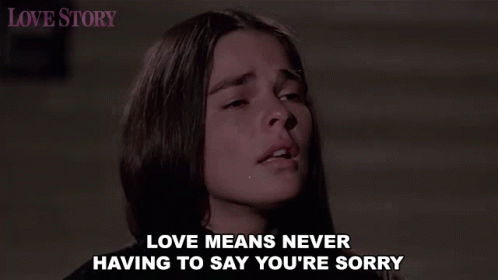

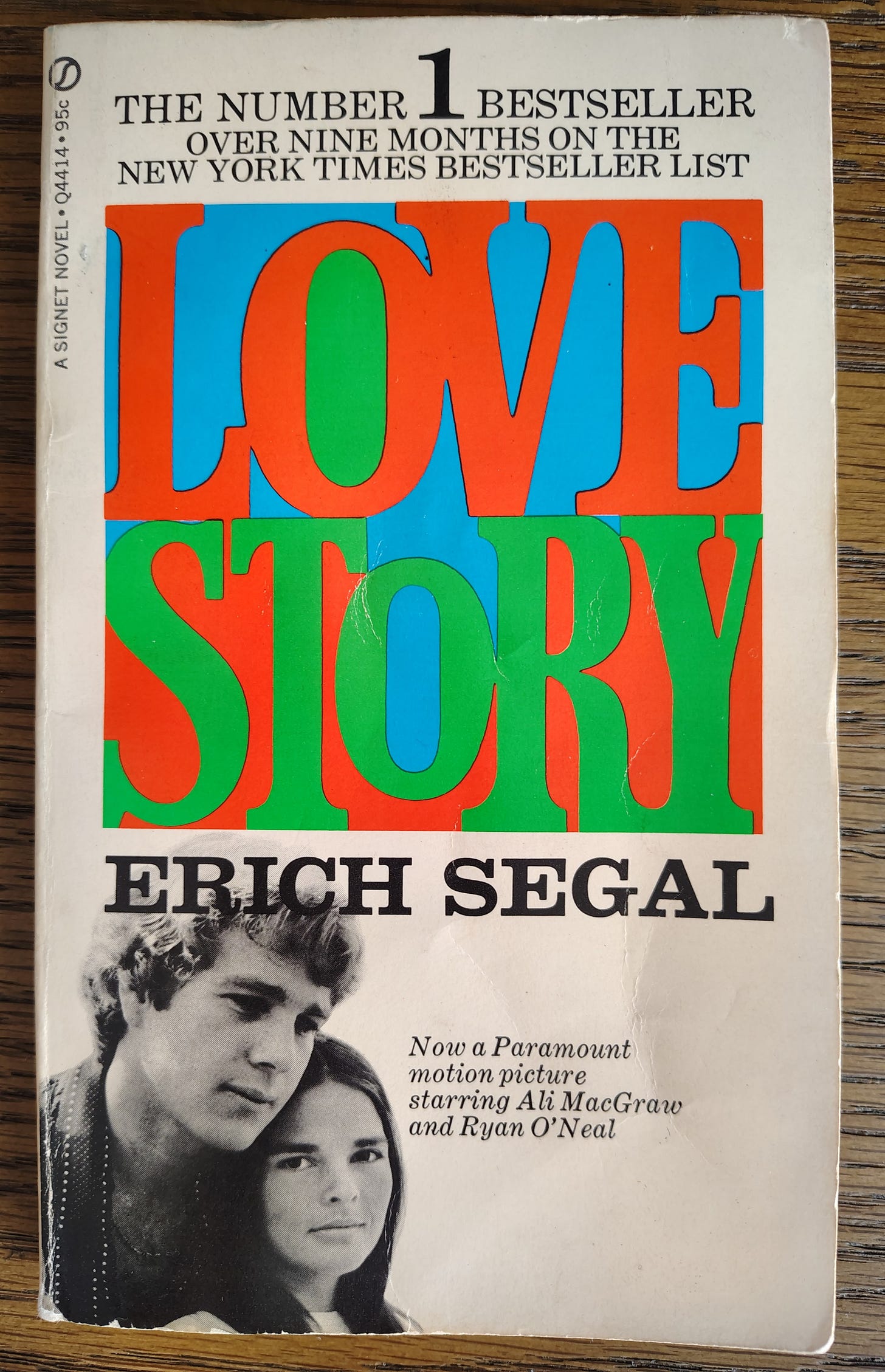
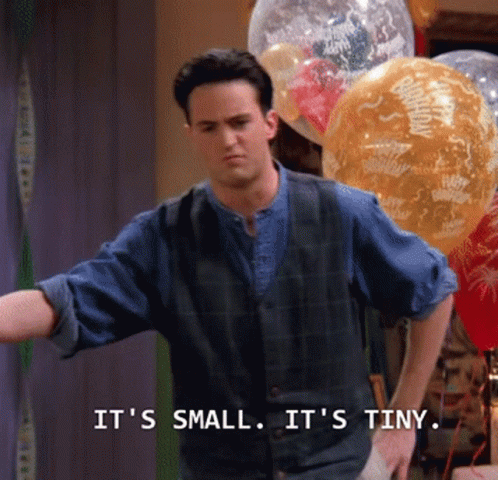
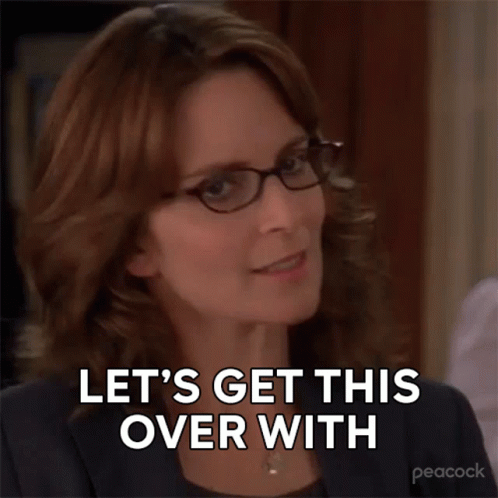
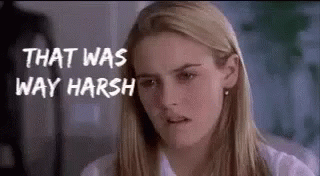


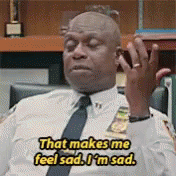




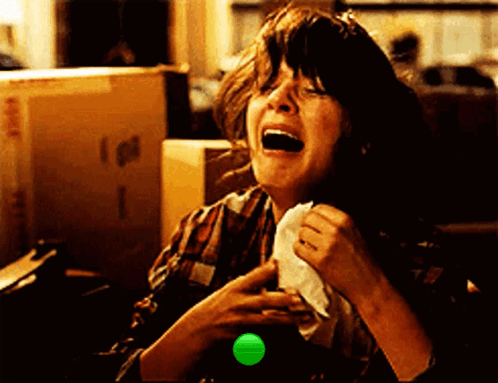



Never read it and never saw the movie, although I'd heard about it. And to answer that other important question, false. False. False. I'm going to need an apology if you say/act shitty toward me. LOL
Your first review: 5/5